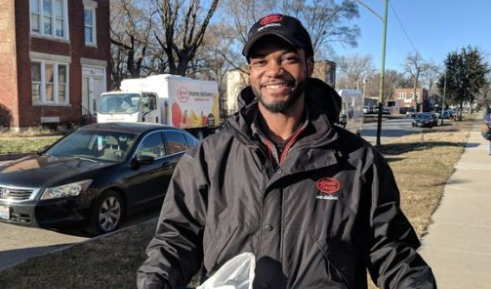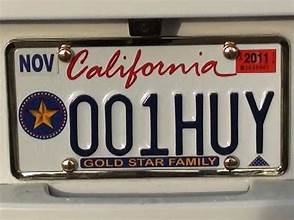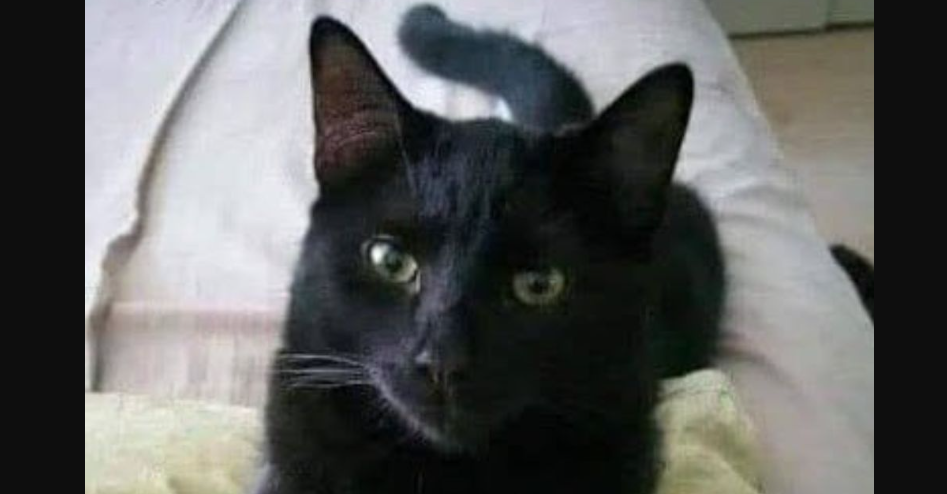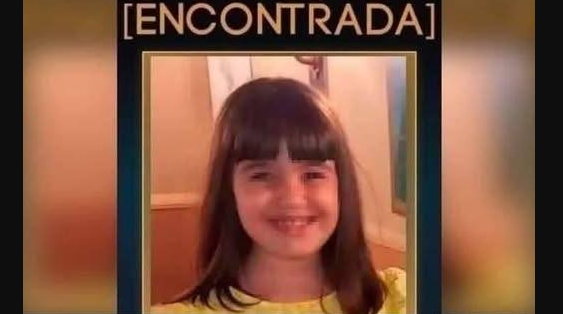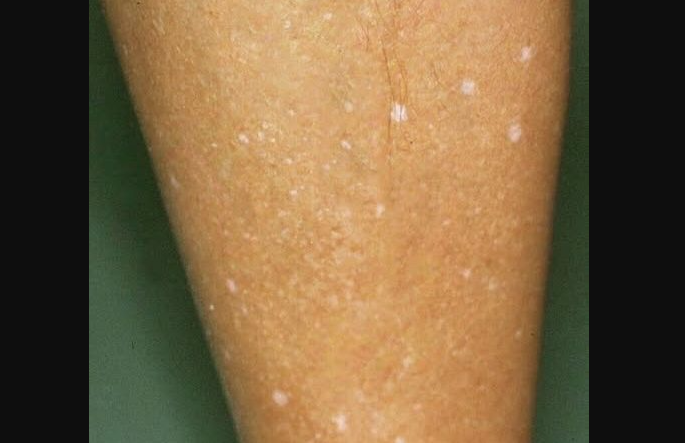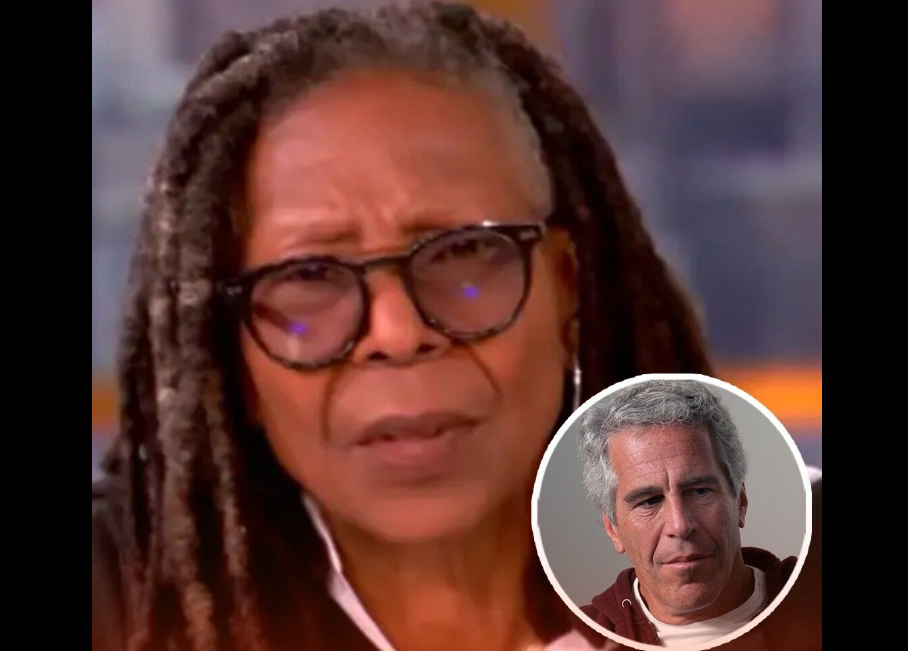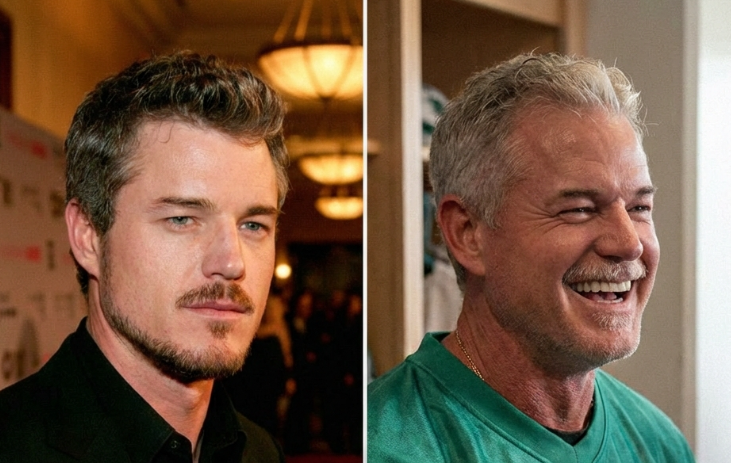It began about two weeks ago. Quietly. No headlines, no viral posts.
Just a knock at Mrs. Delaney’s door—and there he stood. Smiling. Holding a blue crate packed with fresh groceries, basic medications, even a few handwritten notes tucked between items.
No official car. No logo. Just a red cap, a warm jacket, and a clipboard.
Mrs. Delaney didn’t even remember signing up for anything.
The next day, he showed up at three more homes on our street. People we all knew were having a tough time—laid off, widowed, or just barely scraping by. Every time, he handed over the supplies, nodded politely, and walked away. Never said where it came from.
I asked Mrs. Delaney later, “Who was that man? The one who brought the food?”
She frowned at first, then smiled faintly. “Oh, I don’t know, dear. He didn’t say much—just that he was delivering to those in need. Called it ‘community care,’ I think. Very kind. I don’t know where it’s from, but I sure was grateful.”
Something about it stuck with me. The whole thing felt strange—but in a good way. How could someone be so generous without asking for anything? No recognition. No explanation.
The next afternoon, I saw him again. I was sitting on my porch when he passed by, carrying another blue crate—this time headed for Mr. Thompson’s house. Mr. Thompson, the retired schoolteacher who’d been in and out of the hospital, unable to work. I waved. He nodded politely but didn’t stop. Just like before. No name, no pitch. Only “community care.”
It felt like watching a ghost move through the neighborhood, quietly changing lives with no desire to be seen.
I couldn’t let it go. I started asking around. But everyone who had received a delivery just seemed thankful—not curious. Mrs. Delaney. Mr. Thompson. Others down the street. They all described the same man: tall, lean, kind eyes, red cap. No one knew his name. No one had asked.
Then, one morning, he showed up at my door.
There he was, holding a crate full of fresh produce, bread, medication, and a small handwritten note: “Take care of yourself. You matter.”
“I’m sorry to drop by unannounced,” he said, his voice soft and warm. “I just wanted to make sure you had what you needed.”
I stood stunned. “Wait—who are you? Who sent you? Why are you doing this?”
He didn’t flinch. Just smiled. “Can’t say who sent me. But I’m here because there’s need. People need help. I’m just doing what I can.”
I wanted to ask more, but something about the way he said it stopped me. He wasn’t hiding anything—he simply wasn’t interested in being the center of the story. His presence felt calm. Purposeful.
I let it go. “Thank you,” I said, moved. “This is incredibly generous. How can I repay you?”
He stepped back with a shake of his head. “No repayment needed. Just share kindness when you can. That’s enough.”
And then he turned and walked away, crate in hand, disappearing like he always did.
In the days that followed, the deliveries continued. It felt like he was on a mission, unwavering. I started to wonder—was he part of a charity? An angel in disguise?
Then, something odd happened. He stopped at Mrs. Jennings’ place next door. She came out to thank him, and as she spoke, he suddenly dropped the crate and rushed off without a word.
The next day, Mrs. Jennings was gone. Vanished. Her house empty. A neighbor mentioned a strange van parked near her place the night before, but no one had thought much of it. Everyone had been so focused on the deliveries, we didn’t connect the dots.
That’s when I felt the first pang of real concern.
I started digging. Visited the local police. Asked questions. No one had a record of the man. No group claimed the deliveries. No one knew where they were coming from. It was like he didn’t exist.
Then, a week later, I saw him again—standing at the corner, watching Mrs. Jennings’ house.
I walked up to him, unsure what to expect. “Is something wrong?” I asked.
He hesitated, then said quietly, “She’s gone. She didn’t leave on her own.”
My chest tightened. “What do you mean?”
“I wasn’t supposed to be here anymore,” he murmured. “I wasn’t supposed to get involved. But I did. And now she’s gone. And I have to finish this.”
I stood frozen. I could tell I was about to hear something I wasn’t ready for.
“I… I don’t understand.”
And then he told me.
The man who’d been quietly helping our neighborhood wasn’t just a Good Samaritan. Years ago, he’d been responsible for an accident—a drunk driving incident. He had hit Mrs. Jennings’ son while the boy was crossing the street. The child didn’t survive. And this man? He had lived with that guilt ever since.
After his sentence, he began quietly delivering care packages to people in need. It was his way of making amends. Of doing good. Of giving back. But in trying to help Mrs. Jennings, the one person he couldn’t face, he had crossed a line. And now, she was gone.
Whether her disappearance had anything to do with him, I still don’t know. But I understood then that even the kindest acts can have unintended consequences. That redemption isn’t always clean. That sometimes, helping comes with risk.
In the end, I decided to follow his lead. I started leaving care packages where I could. Asking less. Giving more. Not for praise. Just to keep the kindness going.
So if you’re reading this, let it be a reminder: the world is complicated. People are complicated. But kindness? That’s still something we can choose.
Please share this story if it meant something to you. Because the truth is, even quiet kindness can echo far beyond what we’ll ever know.
